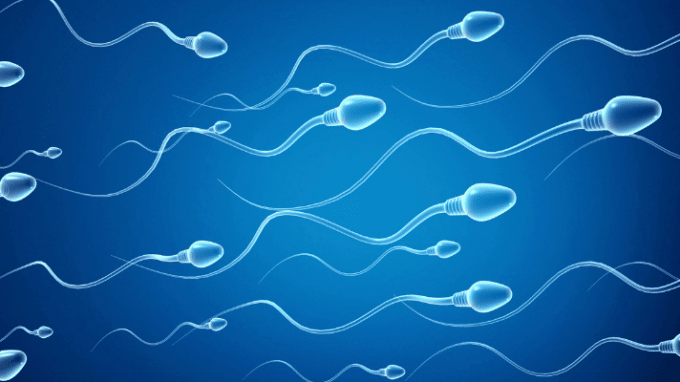Sperm count is one of the most important factors in male fertility. A low sperm count is also referred to as azoospermia. Azoospermia is a relatively common problem, with a prevalence of approximately 10 percent in men.
A low sperm count can be a result of several factors. One of these factors is lifestyle habits such as smoking, alcohol consumption, physical inactivity and poor diet. These habits can decrease sperm count and make it difficult for a couple to achieve a pregnancy.
1. Smoking
Smoking is a significant contributor to low sperm count among men. Smoking has been shown to reduce sperm concentration and motility by up to 40 percent. It also increases the risk of developing other conditions that can lower fertility, such as varicocele, testicular atrophy and cryptorchidism.
Smoking also causes oxidative stress on the male reproductive system, leading to sperm disorders. Oxidative stress has been shown to lower sperm count, increase abnormal sperm and decrease the quality of sperm. Smoking also causes inflammation in the testes and can lead to testicular atrophy.
2. Alcohol Consumption
Alcohol consumption significantly contributes to reduced sperm count. Alcohol is a toxic substance that can affect reproductive function. It can decrease levels of sperm, cause sperm abnormalities and reduce the ability of the sperm to fertilize an egg.
In addition, alcohol is toxic to the testes and reduces testosterone levels. As testosterone is necessary for sperm production, low levels of this hormone will result in a lower sperm count. Alcohol can also cause testicular atrophy.
3. Obesity

According to some studies, obesity has a negative effect on sperm count. Recent studies have shown that obese men have lower sperm counts than average-weight men. Obesity has also been linked with an increased risk of testicular cancer and infertility.
For a more in-depth look at the How Your Weight Can Impact Your Fertility, click here.
4. Occupation
Believe it or not, some occupations have been linked to a higher risk of male infertility. The most common occupations that affect male fertility are those that involve the use of heavy machinery and the need for heavy lifting, including jobs in the construction industry and even drivers.
Heavy machinery and occupational exposure to certain chemicals have been linked with low sperm count and testicular cancer. In addition, prolonged exposure to certain chemicals, such as benzene, lead, pesticides and solvents, can cause male infertility.
5. Depression
Depression is one of the most common causes of male infertility. It is a psychological disorder that can cause men to lose interest in sex and not be interested in having children.
In addition, depression can cause a man to have low self-esteem and energy levels. It can also affect a man’s ability to function sexually, causing him to experience erectile dysfunction or a lack of desire for sex.
6. Radiation

Radiation exposure in the workplace most commonly occurs by contact with radioactive materials or X-rays. It can also happen through medical treatment that involves radiation, such as cancer treatments.
7. Emotional Stress
Prolonged stress and anxiety can lead to increased levels of the stress hormone cortisol, which can affect the reproductive system. It is also associated with a decrease in testosterone levels. Stress can lead to a decline in sperm count and cause testicular atrophy.
To read more about Men’s Fertility Benefits of Reducing Stress, click here.
8. Age
The number of healthy sperm cells decreases with age because the testes have less energy to maintain healthy sperm. Sperm cells also have shorter lives than other body cells because they are constantly being replaced by new ones as needed. Also, older men do not produce as many new cells as younger men do when they reproduce; this causes fewer viable sperm cells in older men than in younger men.
It has been shown that men up to 40 years old have normal fertility levels. Men above 40 may have lower fertility levels due to decreased hormone production or other factors such as damaged testicles caused by obesity or medications for different conditions.
While there are a number of factors and lifestyle choices that can impact men’s fertility health, there are also a number of factors that can help improve sperm health for the better. For a detailed look at how you can be on the road to improving your reproductive health in one month, click here to read all about our 30-Day Guide for Improving Sperm Health.




